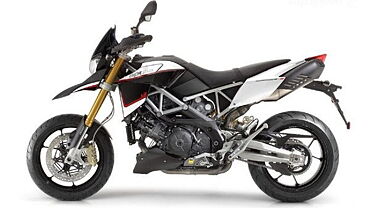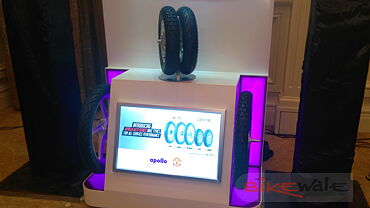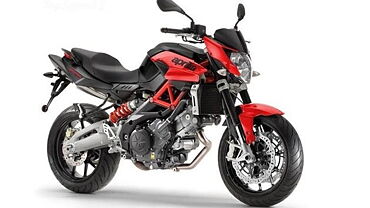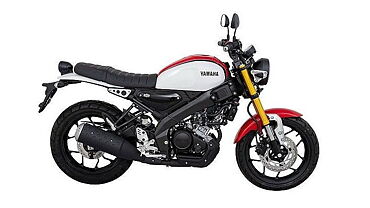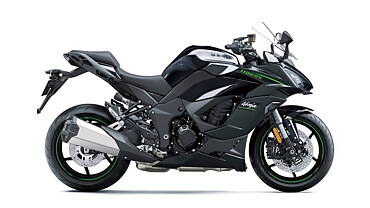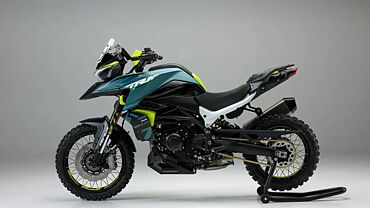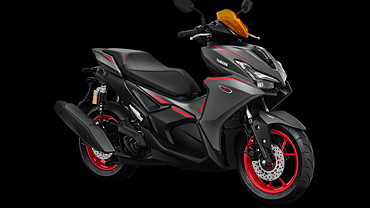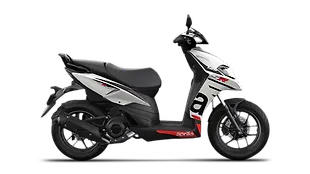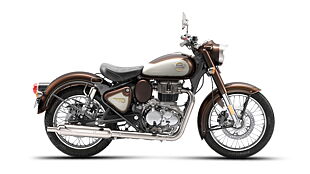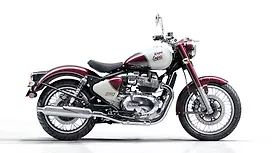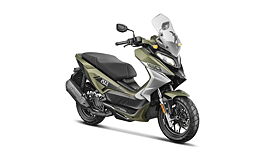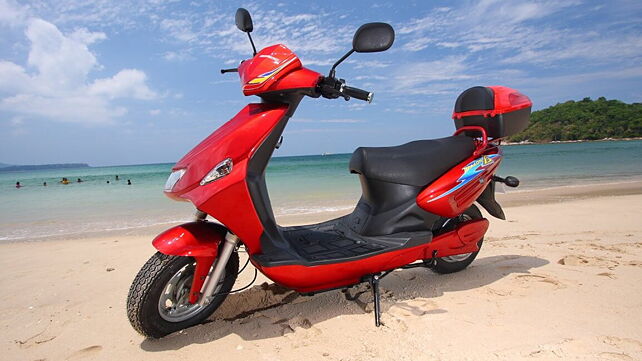
If electric motorcycles and scooters are ever going to gain a serious foothold in the Thai market, they need a rider incentive like in Vietnam where they waive registration fees. A few countries around the world have comparable tax incentives, like seen in Vietnam, to encourage users to switch from fuel burning engines to electric power.
However, the lack of such incentives in Thailand inhibits the benefits that electric vehicles propose, in terms of economy of usage and environment friendliness. This could change though if automakers eye the sales opportunity and mount pressure on the government for owner incentives. Electric scooters and motorcycles are increasingly getting popular in Vietnam and the National Committee of Traffic Safety has confirmed that 70 per cent of electric vehicles on the roads are motorcycles.
A few limitations are in place for such vehicles, like for example an electric motorcycle should not exceed speeds of 50kmph and the electric motor must not generate more than 4kW of power. BMW, Harley-Davidson and Yamaha have electric motorcycles in their line-up but are holding off on markets such as Thailand because of the current absence of government incentives.
India has a subsidy in place for electric and hybrid vehicles depending on the speed and efficiency of the vehicle. There’s an upfront discount of one-third of the difference between the price of the electric vehicle and a comparable petrol model. In other words, the higher the efficiency of the electric/hybrid vehicle, the greater will be the subsidy.



